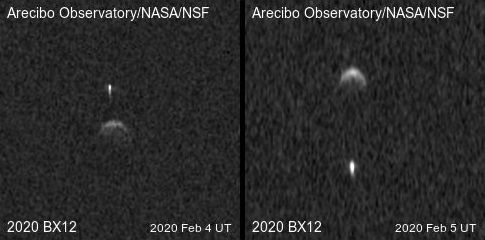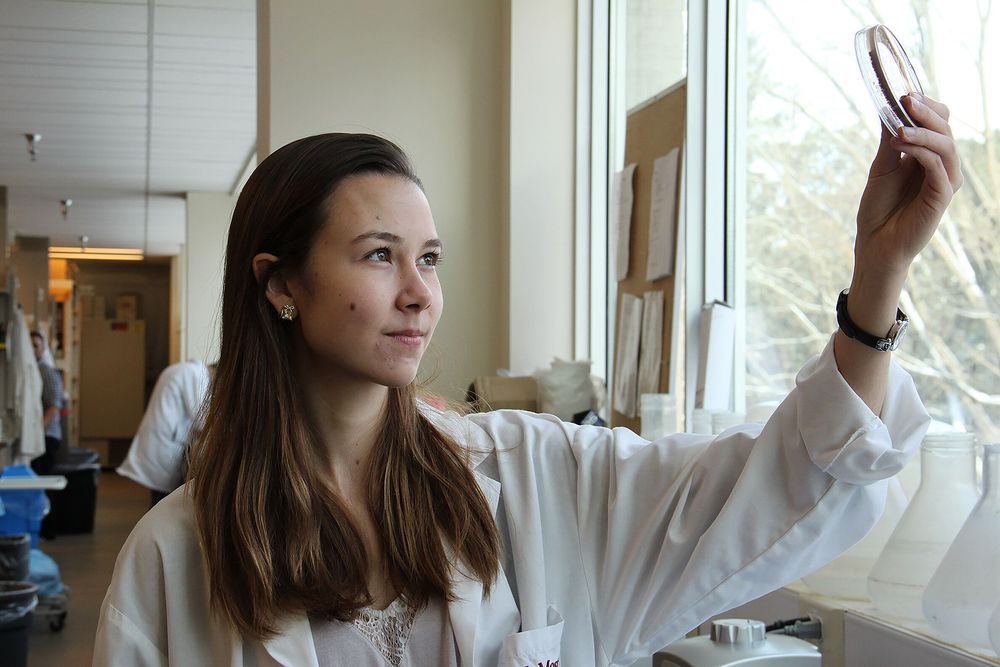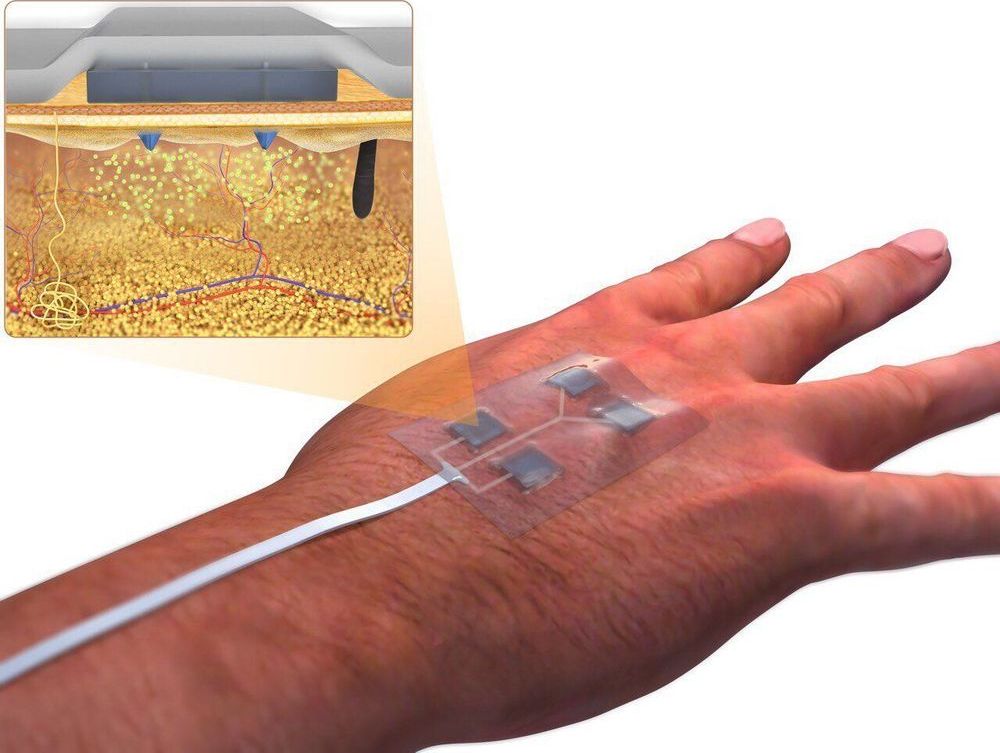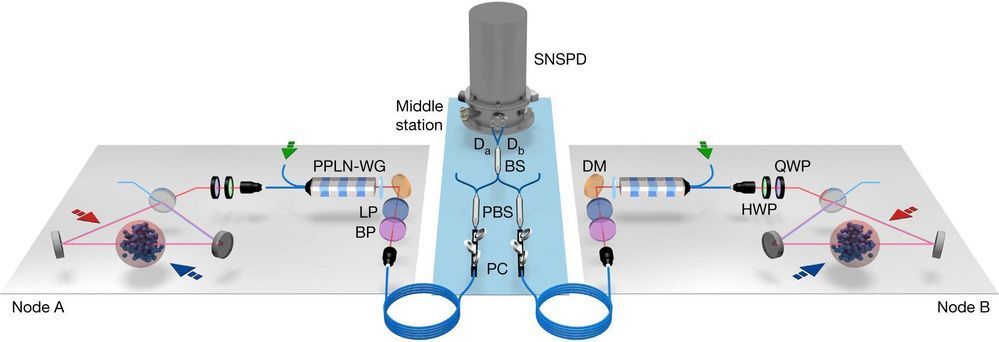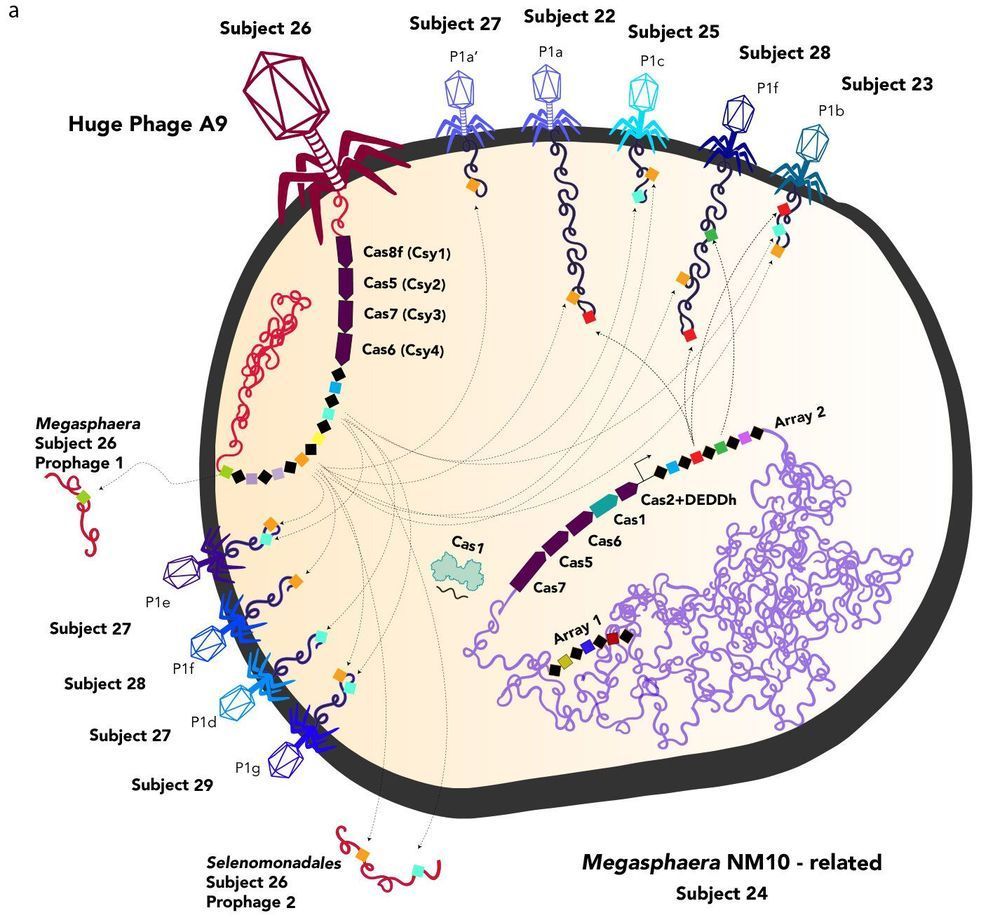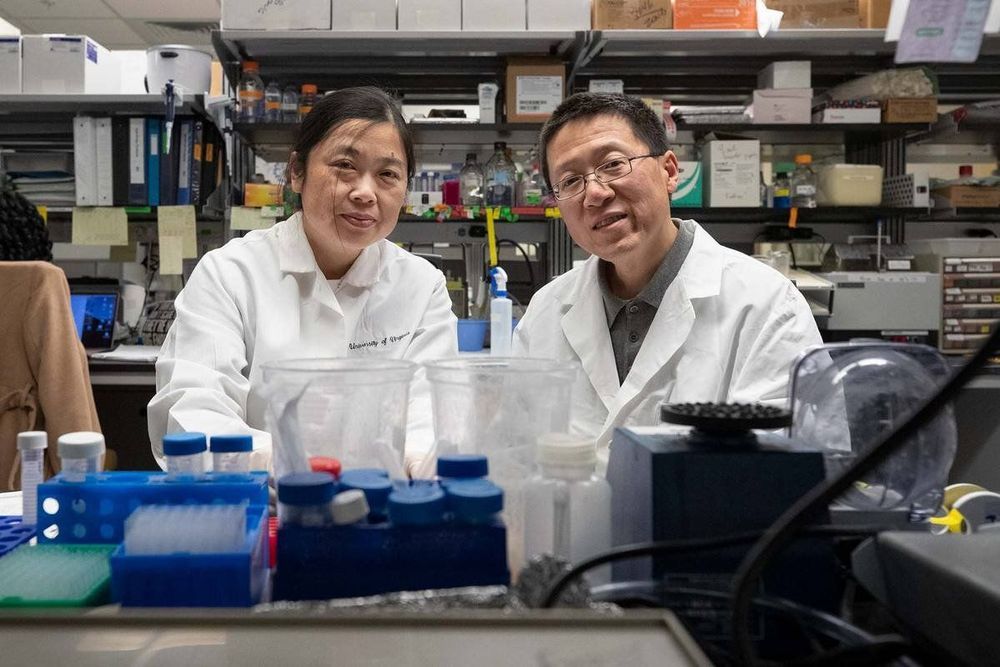
“” This cancer seems simple. Basically, it has been known for many years it is just one type of cells that proliferate out of control,” Zong said. “However, we noticed an interesting paradox. While tumor cells grow really fast in the body, they grow poorly and only for a limited time when we take them out and put them in a [lab] dish. So we suspected some other cells may be in play.”
His investigation of that suspicion turned science’s understanding of medulloblastoma on its head. Using an innovative model of the disease, Zong and his team marked tumor cells so that they would appear green. That led to the first surprise: While all other cell types outside the tumor are colorless, a cell type called astrocyte appeared green, which never happens in normal brain regions.
“Astrocyte actually has been linked to poor prognosis of medulloblastoma, but nobody has ever suspected its origin, since the cell of origin for medulloblastoma normally never gives rise to astrocytes. The fact that tumor-associated astrocytes share the same color with tumor cells suggests that they actually come from tumor cells,” he said. “So some tumor cells basically completely change their identity to make a separate cell type.”
Continue reading “Childhood brain tumor discovery may unlock new treatments for many cancers” »
